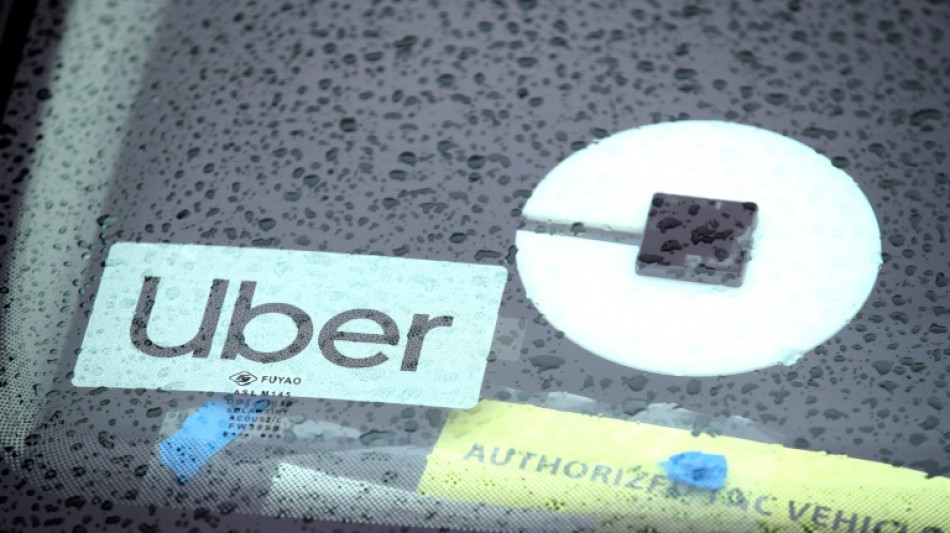
SCS
0.0050

Uber shares skidded Wednesday after the company said it was hit with a big loss in the first three months of this year despite a rebound in its ride-share business.
Quarterly revenue at Uber's rides unit nearly tripled year on year to $2.5 billion, topping the sum taken in from its food-delivery service for the first time since the pandemic prompted a boom in people ordering meals in.
But despite overall revenue more than doubling compared to the same period last year, Uber logged a net loss of $5.9 billion.
The loss was due almost entirely to revaluation of its stakes in Grab and Didi in Asia and autonomous driving technology enterprise Aurora in the United States, the earnings report said.
"After two years of persistent and sometimes unpredictable impact across our business, our (first quarter) results resoundingly affirm that we're on a strong path emerging out of the pandemic," Uber chief executive Dara Khosrowshahi said on an earnings call.
Uber rival Lyft reported its earnings a day earlier, saying ridership was soft in January due to the impact of the Omicron Covid-19 variant, but that demand rebounded sharply the following two months.
Lyft said it lost $196.9 million in the first quarter, most of which was due to stock compensation for employees.
Both companies told analysts they expect to have to invest in keeping drivers on the platform in the face of rising fuel prices and continued concerns about the pandemic.
Uber shares were down more than seven percent in midday trading while Lyft shares plunged more than 31 percent due to expectations it will spend more and bring in less in the months ahead.
"Lyft is spending money like a 1980s rock star and this will have a violent negative reaction from investors in an already jittery market," Wedbush analyst Dan Ives said after the earnings were released.
"This quagmire of spending to get drivers back onto the platform is a necessary evil to propel the Lyft story into its next stage of growth."
Uber saw revenue climb 44 percent to $2.5 billion at its Eats meal delivery service when compared with the same period a year ago, and said its Freight platform connecting truckers with loads posted its first profitable quarter.
Uber has been pursuing a strategy of becoming a mobile app hub for transportation options and enticing people using it for rides to also order meal deliveries and vice versa.
"We believe that Uber is better positioned than peers to take advantage of the ridesharing recovery," said CFRA senior equity analyst Angelo Zino, noting partnerships such as an alliance with New York taxi drivers.
"Although uncertainties about the trajectory of the consumer/travel spend temper our outlook, we like Uber's multi-app platform strategy."
Y.Sharma--DT